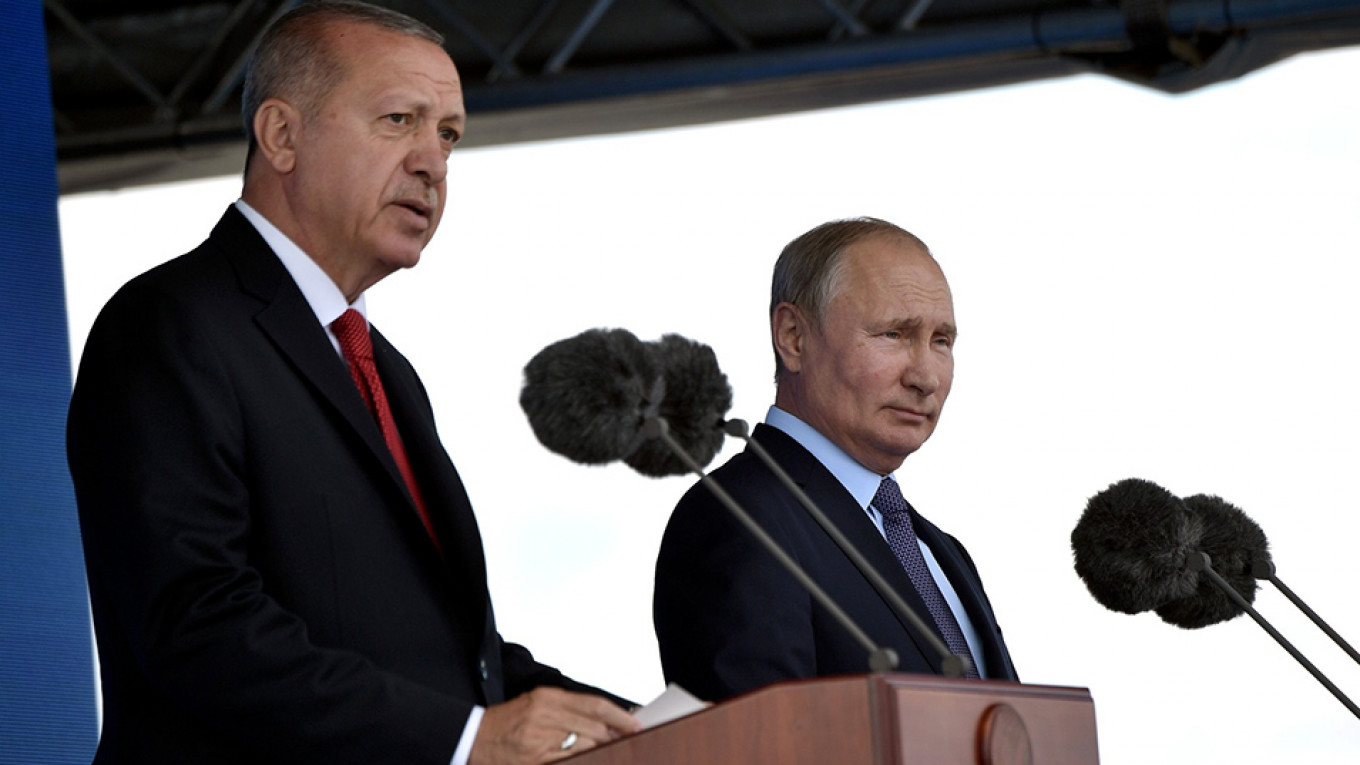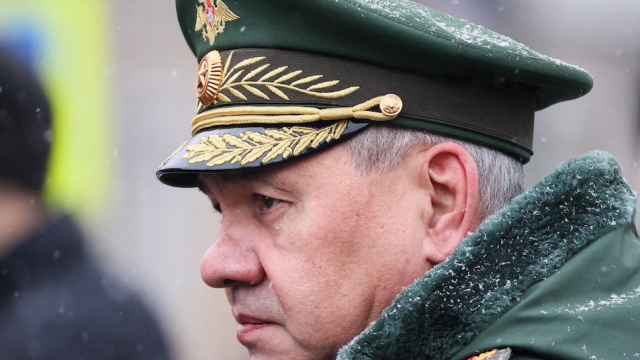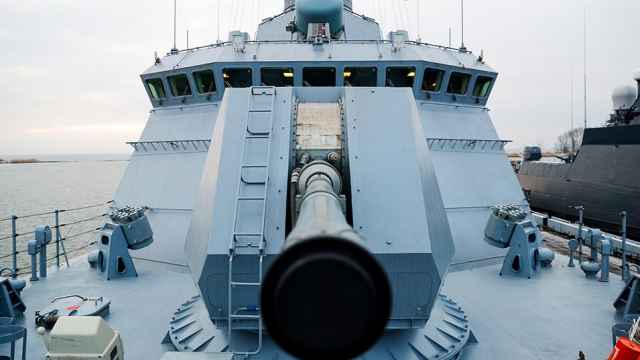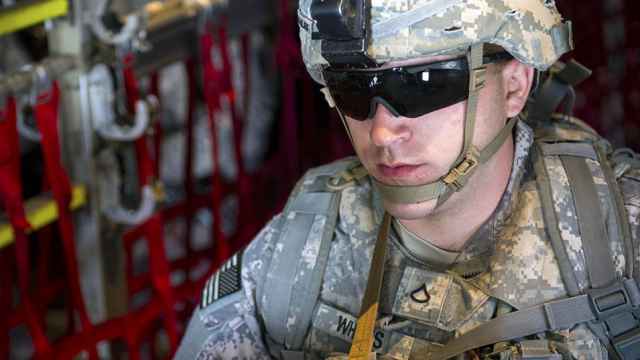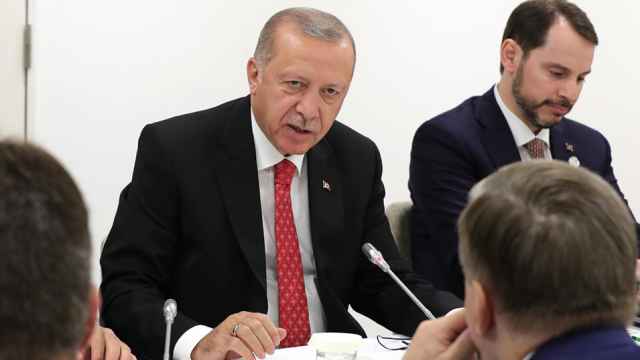Advancements of the Syrian army in Idlib approximate the end of the civil war, but threaten to sow discord between Moscow and Ankara.
Russia’s perceived inaction over an airstrike on a Turkish convoy by Syrian regime forces and Turkey’s unwillingness to give up influence in northern Syria are useful indicators for the current state of Russia-Turkey relations. Indeed, they could be seen as a kind of litmus test for the relationship which has occasionally been pushed to its limits over the past few years.
Last week a Syrian fighter jet attacked a Turkish military truck near the Free Syrian Army enclave killing three servicemen and wounding twelve.
The same day the Turkish Defense Ministry announced that the Russian authorities had been notified in advance about the convoy, adding that the military operations in Idlib violate existing agreements.
Statements that imply intentional inaction or negligence have repercussions for bilateral relations. The next day the Turkish Foreign Minister warned Damascus “not to play with fire” and highlighted his country’s readiness to defend its soldiers and observation posts.
The response from Moscow, however, was traditionally concise and didn’t serve to cool the tensions. Russian Foreign Minister Sergei Lavrov said Turkey has been notified that attacks by Hayat Tahrir Al-Sham militants in Idlib will be crushed and added that attacks by terrorists will be severely suppressed.
Although it is impossible to determine whether Moscow had any role in the incident, such an exchange places additional scrutiny on the relations which have already been strained and was the major reason behind the most recent unexpected trip of Tayyip Erdogan to Moscow.
Since the ceasefire agreement in Sochi in September 2018, Russia has remained consistently watchful about Turkey keeping its promise.
Despite allowing Turkey to secure some military foothold in Syria by patrolling the demilitarized zone, the agreement implied that Ankara voluntarily agrees to gradually diminish its influence in Idlib and the northern part of the country. Few in Moscow, however, trust the Turkish leadership and the cease-fire has been privately perceived as yet another attempt to smooth things over.
Moscow strived to sustain a rather pragmatic and situational pattern of interaction and didn’t intend for a blunt attack on the last rebel stronghold just yet as it could have damaged relations and possibly escalated into a proxy conflict with Turkey.
This flexibility was well-received in Ankara. Turkey perceives Russia as a major power with a consistent regional policy that is not interested in freezing the conflict and allowing Idlib to exist on its own, while also securing an absolute superiority in hard power. Despite disagreements, both countries believe behind the scenes that the recapture of Idlib is just a matter of time, while the cease-fire could allow restructuring bilateral relations and bargaining a future sphere of influence for Ankara.
Damascus’ decision to annul the ceasefire on Aug. 5 due to alleged violations didn’t catch Turkey off-guard. Ankara responded by sending reinforcements around observation posts south of Idlib to contain the regime’s offensive in the areas on the M5 highway. The envoy that fell victim to the attack was a part of this reinforcement which had intended to prevent a siege of the strategic Morek post, but instead meant the beginning of the end of Turkish influence in the province.
The following exchanges between officials on both sides might seem extraordinary, but should not distract from the broader picture. Russian and Syrian forces would strive to assert full control over the M4 and M5 highways as quickly as possible and meticulously crowd out Turkey and its proxies from the province, forcing it to abandon its 19 posts stretching throughout Idlib, from north to south.
Ankara has no illusions about the imminence of its diminishing influence in the enclave and is striving to slow the momentum and possibly freeze the regime’s advances for as long as possible. This time, however, Moscow doesn’t seem to be ready for another ceasefire, which ultimately tests the limits of current relations and requires actions from both sides.
It’s hard to predict whether further escalations might take place, but there are hopes for a few changes to occur in bilateral interactions. Moscow, while acting from a position of power, clearly has no intention to freeze the conflict, but likewise is not willing to pile additional pressure on its already complex relations with Ankara. If pushed into a corner, Turkey could fuel a proxy war in the province or move closer to Washington, which might complicate the picture.
The current meeting between Vladimir Putin and his Turkish counterpart sets the bar and helps to cool down tensions for the scheduled trilateral summit in September. Russia’s position probably won’t change, but the strategy may be recalibrated towards asserting control over Idlib piece by piece, which is itself a concession given the current realities. Turkey, while sensing the imminent recapture of Idlib, might try to win more time to see where and how it could better squeeze in the post-conflict Syria, while also trying to sustain good relations with all the regional powers and avoid a large influx of refugees by any means.
Ankara could boost its geopolitical weight by enhancing cooperation with the U.S., but that wouldn’t have a decisive impact on its relations with Moscow.
Despite speculation that Turkey is seeking stronger cooperation with Washington to build a power bloc in northeast Syria after the agreement for a safe zone, America’s actions in the Middle East still seem too unpredictable. In addition, disagreements over the Kurdish People's Protection Units (YPG) still run high, while Russia, although a regional adversary, appears more predictable, hence, easier to deal with.
Despite pressure, the pattern of Russia-Turkey relations is unlikely to change. Complex, and occasionally strenuous, interactions between Moscow and Ankara, nonetheless maintain a stone-cold pragmatism at their core and also embrace cynical situational approaches that ultimately serve to satisfy both countries and it is likely to remain this way for the foreseeable future.
Dmitriy Frolovskiy is a political analyst and independent journalist. He is a consultant on policy and strategy in the Middle East and Central Asia, and has written about Russia’s foreign policy toward the Gulf Cooperation Council states and former Soviet territories.
A Message from The Moscow Times:
Dear readers,
We are facing unprecedented challenges. Russia's Prosecutor General's Office has designated The Moscow Times as an "undesirable" organization, criminalizing our work and putting our staff at risk of prosecution. This follows our earlier unjust labeling as a "foreign agent."
These actions are direct attempts to silence independent journalism in Russia. The authorities claim our work "discredits the decisions of the Russian leadership." We see things differently: we strive to provide accurate, unbiased reporting on Russia.
We, the journalists of The Moscow Times, refuse to be silenced. But to continue our work, we need your help.
Your support, no matter how small, makes a world of difference. If you can, please support us monthly starting from just $2. It's quick to set up, and every contribution makes a significant impact.
By supporting The Moscow Times, you're defending open, independent journalism in the face of repression. Thank you for standing with us.
Remind me later.



